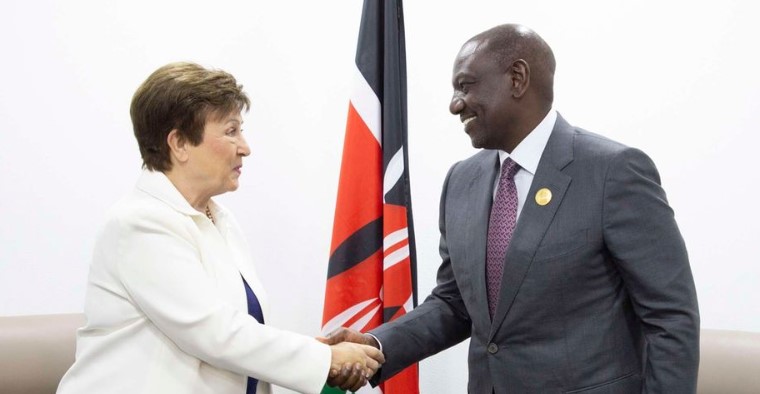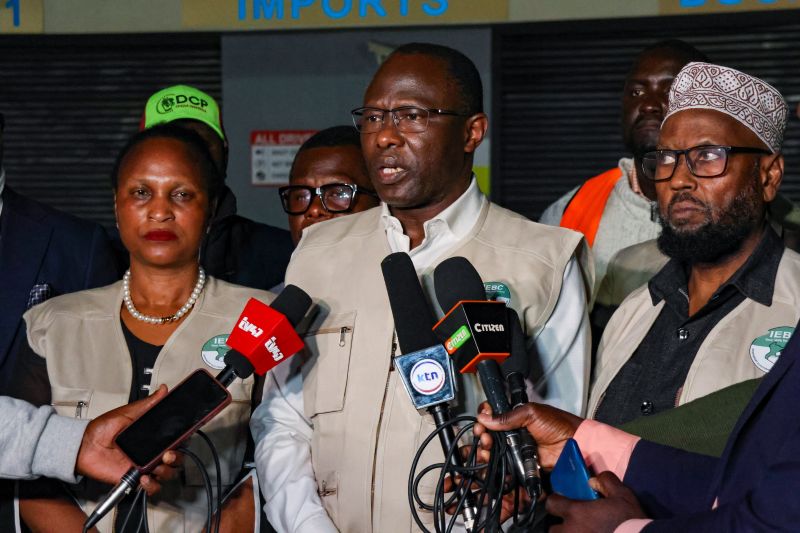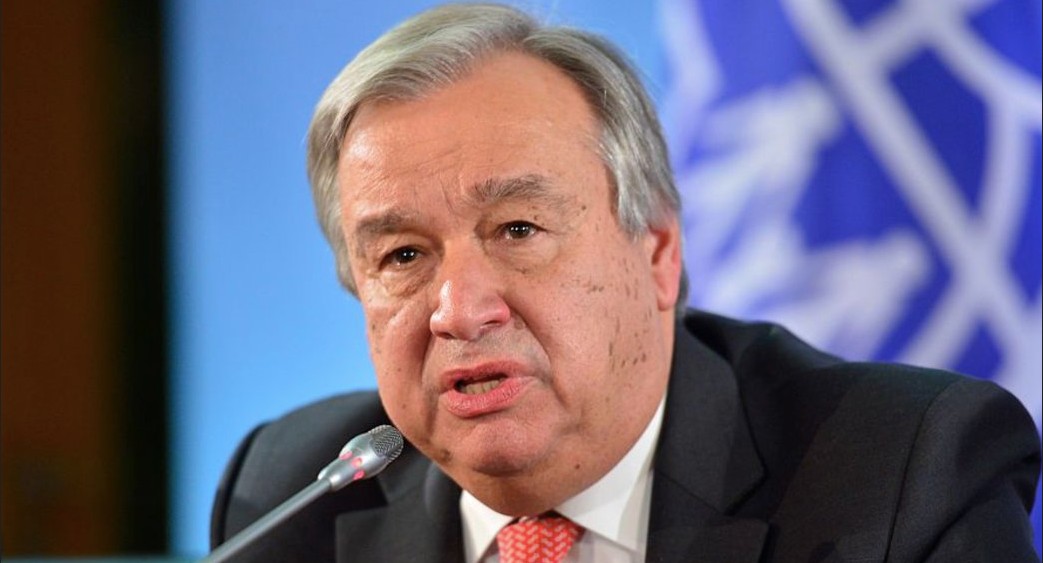IMF warns Kenya over further interest rate cuts, citing risks to economic stability

According to the IMF, reducing interest rates in a low-inflation environment risks fueling inflation and may also erode Kenya’s competitive edge in attracting external investment.
Kenya has been cautioned that further reductions in interest rates could jeopardise economic stability.
The International Monetary Fund (IMF) warns that excessively low rates may drive up inflation and decrease investment returns, potentially making Kenya less appealing to foreign investors.
More To Read
- University lecturers petition IMF over unpaid wages, SRC interference in Kenya
- Ruto backs IMF partnership as key to Kenya’s debt, economic reforms
- IMF questions Kenya’s exchange rate policy amid new funding negotiations
- Global economic outlook dims as IMF warns of prolonged uncertainty
- IMF mission heads to Nairobi for talks on fresh loan negotiations as debt pressures mount
- Treasury to launch debt automation system, single account on October 1
In its latest country report, the IMF expressed concern over Kenya’s recent monetary policy shifts, stating that lower rates could destabilise prices.
The warning comes after the Treasury and Central Bank of Kenya (CBK) suggested that reducing rates would promote economic growth and address rising non-performing loans (NPLs) within the banking sector.
However, according to the IMF, reducing interest rates in a low-inflation environment risks fueling inflation and may also erode Kenya’s competitive edge in attracting external investment.
"The tight monetary policy stance remains appropriate given risks to price stability and external sustainability," the IMF said in its report, cautioning that a wider interest rate differential between Kenya’s real policy rate and the U.S. nominal rate is critical for maintaining investor interest.
In October 2023, the IMF advised African nations with falling inflation to avoid aggressive rate cuts, warning that such moves could lead to surging living costs once economic activity recovered.
"While headline inflation reached the target earlier than expected, benefitting from lower food prices and a stronger shilling, core inflation remains sticky above the level that the CBK considers appropriate for its price stability objective," the IMF added.
Declining inflation
Treasury Cabinet Secretary John Mbadi had recently called for a rate reduction to boost lending and job creation amid declining inflation.
Kenya’s headline inflation dropped to a 17-year low of 2.7 per cent in October, largely due to falling fuel and food prices, while core inflation stood at 3.3 per cent, slightly down from the previous months. Although the CBK targets a five per cent inflation rate, it lacks a formal target for core inflation but prefers it to remain below three per cent.
The CBK’s Monetary Policy Committee (MPC) recently cut the base rate by 0.75 percentage points to 12 per cent, following an earlier 0.25-point reduction in August.
In a meeting in October, CBK Governor Kamau Thugge cited slowdowns in private-sector lending and overall economic growth as justifications for further easing.
Kenya’s GDP grew by 4.6 per cent in the second quarter of 2024, down from 5.6 per cent a year earlier, reflecting challenges in accessing credit amid high interest rates.
Annualized private sector credit growth fell from 13.9 per cent at the start of 2024 to 1.3 per cent in August, exacerbating the NPL ratio, which rose to 16.7 per cent, an 18-year high.
In December 2023, the CBK hiked rates by 2.5 percentage points to counter a depreciating shilling and rising costs of living, aiming to attract dollar inflows.
However, the IMF cautions that Kenya’s appeal to investors could weaken if interest rates fall further, potentially diminishing these inflows.
Top Stories Today











































